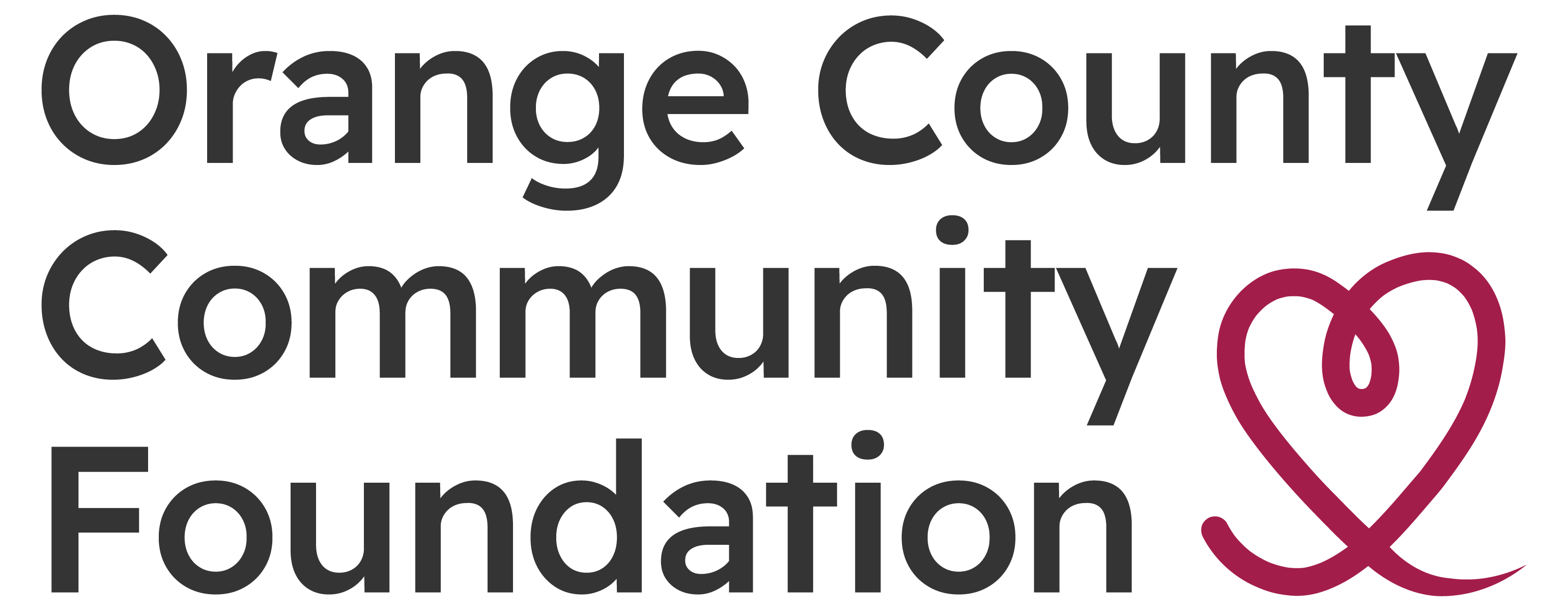![]() Estate planning is an important process that allows you to protect and manage the assets built over your lifetime. Legacy planning is a vital part of that process, allowing you to pass on your wealth smoothly and efficiently according to your wishes. A comprehensive estate plan will reflect both your goals and legacy wishes. If you are embarking on the process or wish to update your plan, offer these estate planning myths and facts for your consideration.
Estate planning is an important process that allows you to protect and manage the assets built over your lifetime. Legacy planning is a vital part of that process, allowing you to pass on your wealth smoothly and efficiently according to your wishes. A comprehensive estate plan will reflect both your goals and legacy wishes. If you are embarking on the process or wish to update your plan, offer these estate planning myths and facts for your consideration.
Myth: We’re too young for estate planning
Fact – A 2022 CNBC report cites that approximately 67% of people die without a will. We’re all too familiar with stories of friends, families and celebrities who unfortunately died before creating a will – many at a young age.
Myth: If I have a will (vs. an estate plan), I don’t have to worry about probate
Fact – In California, probate is necessary if there is no will or the total value of assets at time of death exceeds $166,250. Probate can be avoided with careful estate planning and tools like trusts, beneficiary designations, transfer of ownership, etc.
Myth: An estate plan is all about property and belongings
Fact – An estate plan allows for more than asset distribution including guardianship (if you have minor children), powers of attorney, and advance health care directives (if you are in an accident).
Myth: My estate isn’t big enough to need any planning
Fact – Without a plan you lose the ability to determine which family members or charitable organizations receive distributions or your personal assets including heirlooms, property, etc. upon your death. Additionally, you lose the ability to name the trustee or executor of your estate.
Myth: Taxes will decimate my estate
Fact – The Tax Cuts and Jobs Act of 2017 allows individuals to pass $12.92 million and $25.84 million for couples in assets to heirs free of estate and gift taxes. The individual wealth transfer limit will decrease to approximately $7 million per person and $14 million per couple in 2026. Charitable gifts and assets passed on to a spouse don’t count toward the taxable estate.
Myth: Charitable wishes need to be detailed in my estate plan
Fact – Your estate plan should account for which assets should be allocated to charitable purposes; however, the details of where gifts should be directed (in the form of philanthropic guidelines) can be outlined in a Legacy Fund at a community foundation like OCCF. These guidelines can be modified at any time without any expense to you.
Although sometimes difficult, planning allows you to live your values and support your long-term intentions. We’re here to provide you with guidance and support in the process. Whether you’re looking for referrals to a professional advisor including an estate attorney, CPA, or financial advisor; want to contemplate the best use of your assets for charitable purposes; or strategically plan for giving after you pass. Please reach out directly to set up an appointment to discuss your needs.
Margita Blattner – Sr. Director of Philanthropic Strategy
949.464.4510 or mblattner@oc-cf.org





